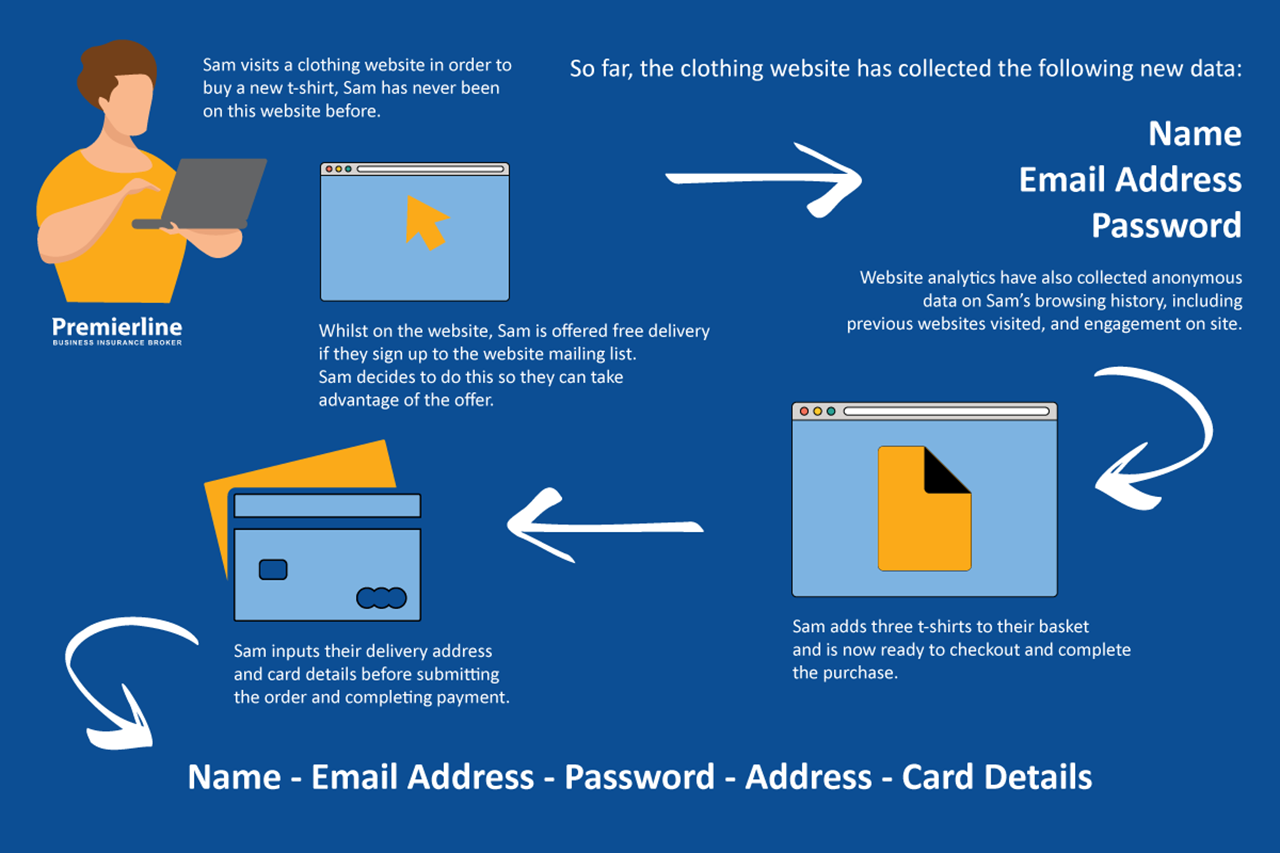In late January 2023, it was announced that the JD Sports retail group had suffered a cyber-attack which saw a massive data leak containing the information of up to 10 million customers. The lost data related to customer orders made between November 2018 and October 2020 from a number of JD Sports owned websites including; JD, Size?, Millets, Blacks and Scotts.
Upon discovery of the leak, JD notified the Information Commissioner’s Office and wrote to affected customers to let them know their personal data may have been compromised. The data leaked included customer names, billing and shipping addresses, phone numbers, order details and payment card details. JD had no reason to believe account passwords has been leaked, and also noted that the payment card details within the leak only included the last four digits of the customers payment card number and therefore the impact of this was somewhat limited.
Even though JD Sports has robust cyber security policies in place, it seems in this instance it wasn’t enough to prevent the data leak from happening. The fact JD Sports do not save their customers complete payment card details does look to have lessened the scale of this attack considerably, therefore it’s important to note that although robust security measures can’t always stop a data leak from happening, sometimes having strong security measures in place from the outset can significantly reduce the impact of a data leak, should one happen.
This serves as a stark warning to all fashion business owners who handle customer data – no matter the scale or size of your business you could easily fall victim to a cyber-attack and could be liable to pay out huge claims if this were to happen.
The best way to protect yourself from that is to have a good cyber insurance policy in place, one which can cover huge potential pay out costs and help to rebuild brand trust and reputation, which is quite often shattered after news about a cyber-attack gets out.
If you’re the owner of a fashion brand or clothing company and want to speak to an expert about cyber insurance for the clothing industry, then contact one of our specialist insurance advisors today.


















